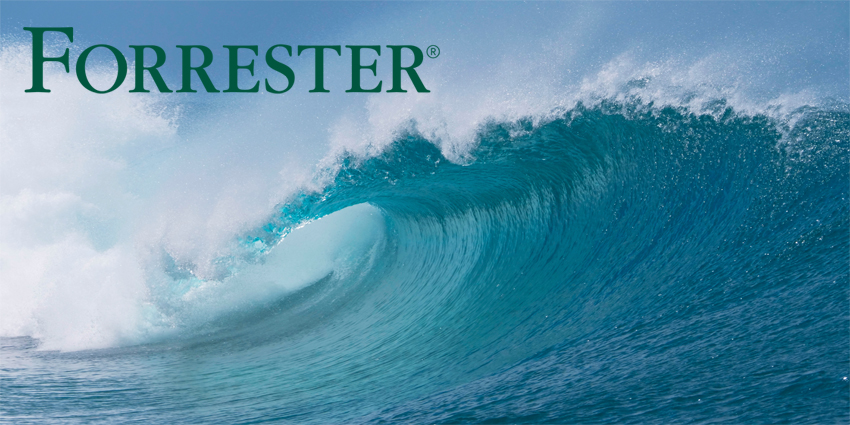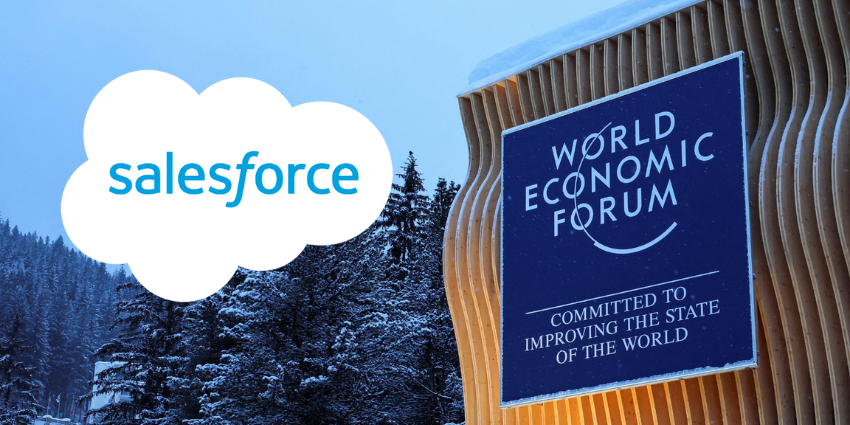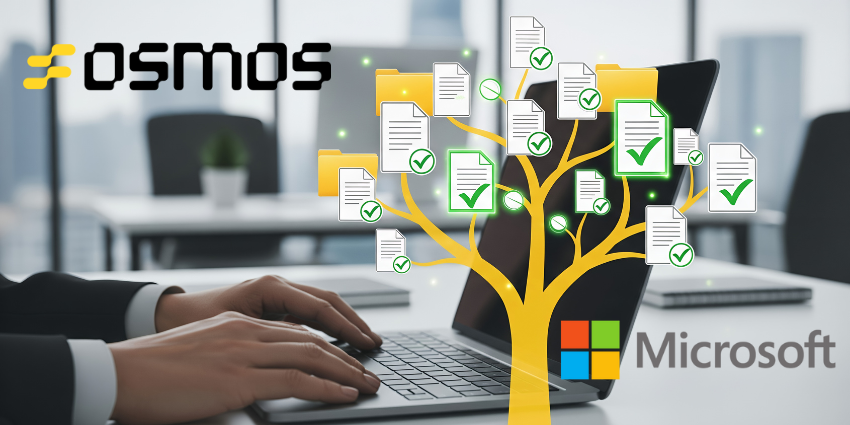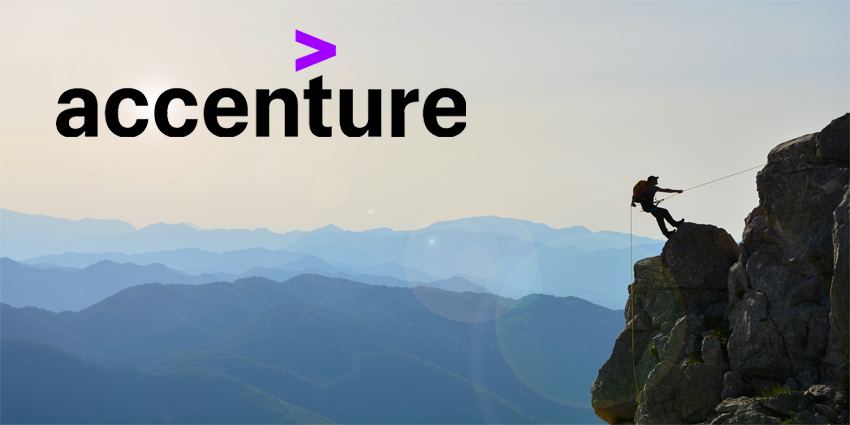A CRM is an essential piece of software for any customer service and experience team.
In a nutshell, they help businesses manage and analyze customer interactions and data throughout the customer lifecycle.
With the explosion of AI in recent times, the technology has advanced to new heights. But these new capabilities also come with their own set of challenges.
The Forrester Wave for CRM Software 2025 is a report that analyzes and assesses 12 of the “top” CRM vendors in the space, with each platform being ranked as either a Leader, Strong Performer, or Contender.
So, without further ado, let’s take a look at how they performed.
Ranking the Vendors
These are Forrester’s top five vendors based on performance across the two evaluation areas:
Current Offering
- Oracle: 4.10/5
- Salesforce: 4.04/5
- Pegasystems: 3.94/5
- Microsoft: 3.68/5
- SAP: 2.86/5
Strategy
- Microsoft: 4.26/5
- Salesforce: 4.26/5
- Creatio: 3.80/5
- Pegasystems: 3.76/5
- Oracle: 3.70/5
In addition to the scores, Forrester offers an overview of each vendor’s portfolio and solutions.
Here’s a summary of each:
Salesforce (Leader)
With a strong performance in both Current Offering and Strategy, Salesforce leads the way in this year’s Forrester Wave.
The vendor’s Winter ‘25 release was praised for its “aggressive vision for CRM,” which includes delivering robust enterprise-grade capabilities across the customer journey, enhanced by 50+ AI-driven insights and predictive/GenAI features.
Salesforce’s Agentforce platform also received praise, with Forrester highlighting the ability of its AI agents to support CRM tasks like customer service, sales prospecting, and coaching, with LLM recommendations tailored to use cases.
Microsoft (Leader)
Microsoft led the way in Strategy, with its focus on GenAI, partnerships, adoption strategies, and success frameworks helping to drive 24 percent year-over-year growth.
The vendor’s 365 suite of solutions helps to provide users with a unified CRM offering that integrates Marketing, Sales, and Service into a unified platform, enhances CX through AI-driven personalization, and leverages Copilot to improve productivity.
Customers praised Microsoft’s low-code capabilities and FastTrack program for adding significant value during implementation.
Oracle (Leader)
Next on the list is Oracle. The vendor’s CX Fusion Service and Sales platforms are guided by the company’s desire to boost revenue via a strategy of helping businesses win customers, retain their satisfaction, and attract similar prospects.
Forrester describes Oracle’s CRM offering as “optimized for generating revenue from existing customers,” with the Account 360 feature capable of leveraging enterprise-wide and journey data to identify renewal and expansion opportunities.
Oracle also drew praise for its asset-based service, which uses AI to integrate customer and asset data for optimized uptime and proactive service planning.
In addition, the report outlined the vendor’s plans to introduce AI agents for service resolutions.
Pegasystems (Leader)
The last Leader on the list is Pegasystems, whose Pega Infinity 24.2 platform impressed Forrester, with its “process-centric” design making it ideally suited for large enterprises and companies focused on maximizing customer value.
The platform boasts “robust” self-service capabilities, a sophisticated customer roadmap that leverages AI and LLMs, and the implementation of GenAI throughout the entire CRM.
Customers appreciate Pegasystems’ flexibility in creating tailored customer journeys, with its AI and automation streamlining onboarding, compliance, and value-driven tasks.
Creatio (Strong Performer)
With a particularly strong performance in Strategy, the report complimented Creatio for its roadmap that focuses on AI-driven CRM agents, scalable AI operationalization, and industry-specific workflows.
The “easy-to-use” Creatio CRM 8.2 platform also features support for a varied selection of LLMs, subscription-friendly renewal management processes, and a reputation for going “above and beyond” for its customers.
However, the vendor falls short on not providing customers with more specific guidance on beginning their AI journeys.
ServiceNow (Strong Performer)
ServiceNow’s Customer Service Management and Sales and Order Management solutions are part of its CRM vision to unify workflows across the entire process, from sales to fulfillment, service, and renewals.
Forrester described the vendor’s case management capabilities as “excellent,” as well as highlighting its GenAI features, which include knowledge creation, summarization, and conversational self-service, all of which can be customized with tailored prompts.
Unfortunately, the report found ServiceNow’s lead management to be “basic” and customers outlined issues with its account and success management.
Zoho (Strong Performer)
With a “broad footprint across many industries,” Zoho CRM aims to differentiate its CX offering from the field by integrating the right mix of data, content, intelligence, actions, and interface.
Forrester praised the vendor’s low-code tooling for customization and the unification of its CRM features with Zoho’s native collaboration product; while customers were complimentary of its product pricing and bundling.
Despite these positives, the company’s AI depth doesn’t keep up with the Leaders and it was criticized for its implementation partner process.
It is important to note that only one of Zoho’s reference customers responded to Forrester’s outreach for the report.
HubSpot (Strong Performer)
Another heavy hitter in the Strong Performer category, HubSpot Smart CRM was described as “highly usable” and commended for its “robust” marketplace.
HubSpot’s Copilot, which is available across the entire CRM, was also highlighted in the report, as was the vendor’s sales prospecting and outreach features – particularly its Sales Workspace tool.
While HubSpot’s offering delivers in many areas, Forrester felt that it was a little basic, with its customer service and service analytics capabilities notably below the level of others in the report.
SAP (Contender)
The first Contender on the list comes in the form of SAP’s CX platform, which adopts a technology-first vision that allows users to manage end-to-end customer experiences.
Boasting deep back-office integration functionality, SAP provides “enterprise-grade” sales operations tools for planning, CPQ, product catalog management, and pricing. Forrester also highlighted its renewals management as “excellent.”
However, its digital sales features and mobile app are less comprehensive than those of the evaluated Leaders, and its customer service capabilities are weaker than its sales features.
SugarCRM (Contender)
Next up is the SugarCRM Suite, which is ideally suited to smaller and midsized B2B organizations thanks to its simple integration.
The platform excels with its sales product, which effectively supports relationship-based sales and really delivers in renewals and success capabilities. In addition, SugarCRM provides over 180 ERP connectors and robust APIs that enhance customer data.
In general, Forrester feels that SugarCRM lacks the extensive automation features found in evaluated Leaders – describing its vision as “narrow” and its customer service capabilities as “basic.”
Zendesk (Contender)
With a customer base of over 100,000, Zendesk’s CRM platform is strongly committed to leveraging AI to enhance its customer service product.
The vendor offers AI agents that enable multi-turn conversations for sales engagement and customer service. Key highlights include digital channel support, sales sequencing, case management automation, and a strong marketplace for extensibility.
In spite of these strengths, its sales functions are “basic”. Improvements are also needed in process management and support for success management.
Freshworks (Contender)
Our final entrant on the 2025 Forrester Wave for CRM is Freshworks’ Freshsales Suite and Customer Service Suite.
The vendor’s “easy-to-use” CRM boasts a strong marketplace and customer success capabilities, with Forrester also outlining its ability to evaluate customer interactions to generate quality scores and suggest coaching.
Like SugarCRM, Freshworks offers a more basic platform than others in the evaluation, with customers lamenting the quality of customization support and operational practices.
It is important to note that only one of Freshworks’ reference customers responded to Forrester’s outreach for the report.
What to Look For in your CRM Provider
As well as outlining the pros and cons of the 12 vendors, the report also offered key advice for prospective CRM buyers.
When evaluating CRM providers, customers should focus on:
- Buyers should target vendors offering a cohesive suite of predictive AI, generative AI, and AI agents. These tools ashould be available at all license tiers, and the vendor should have strong AI trust and security practices.
- Prioritizing vendors with a simple user interface that reduces complexity and guides users to optimal outcomes can be a big advantage Look for product-led growth approaches and vendors with clear product tiers, transparent pricing, and a focus on adding value with add-ons.
- Don’t overlook the importance of business value. Prospective buyers should select vendors with industry-specific CRMs, low-code tools for customization, curated marketplaces for point solutions, and strong system integrator partnerships.







